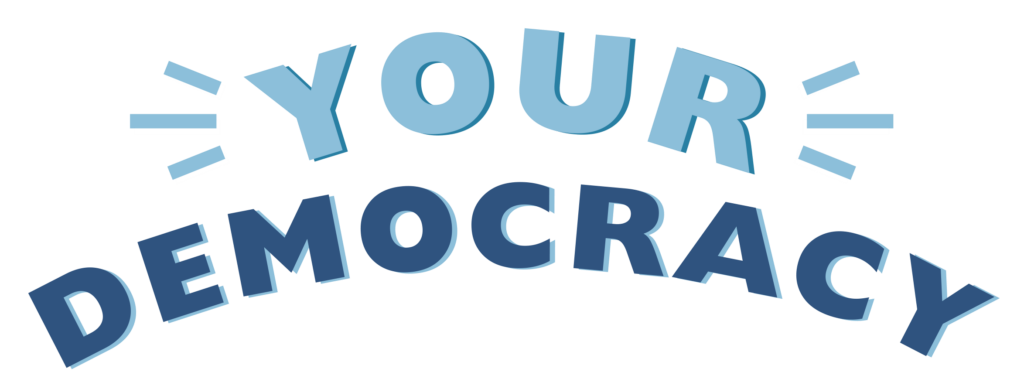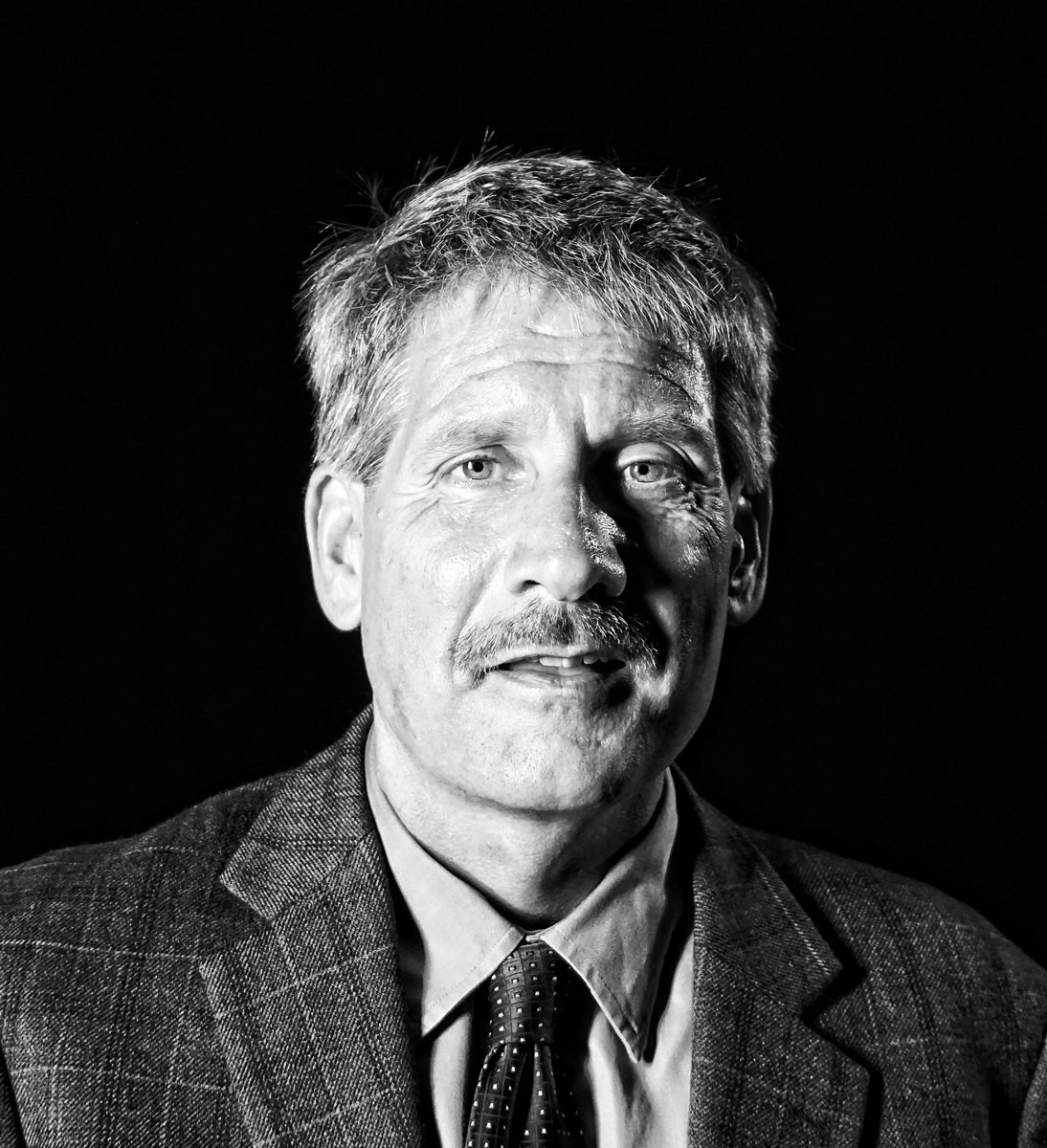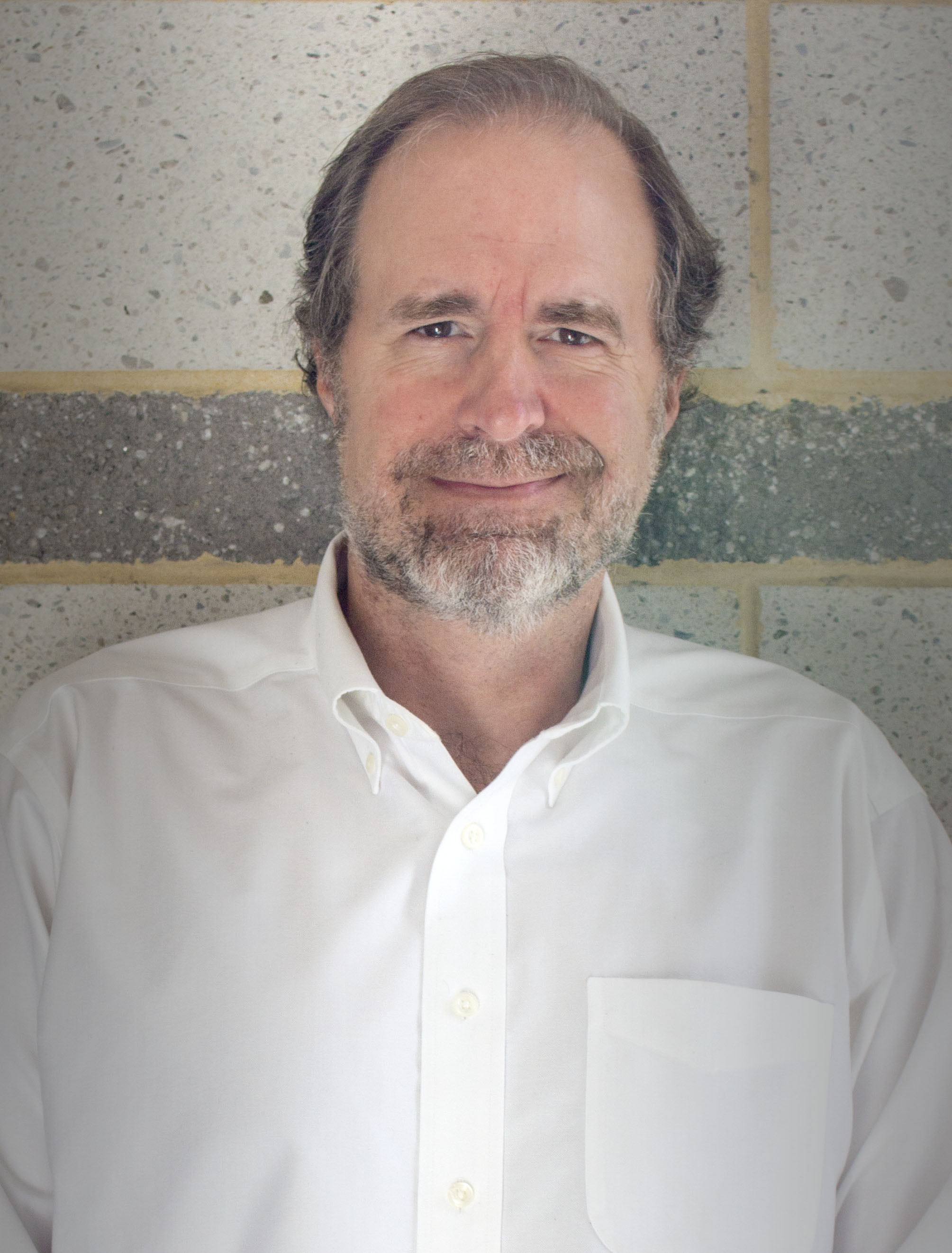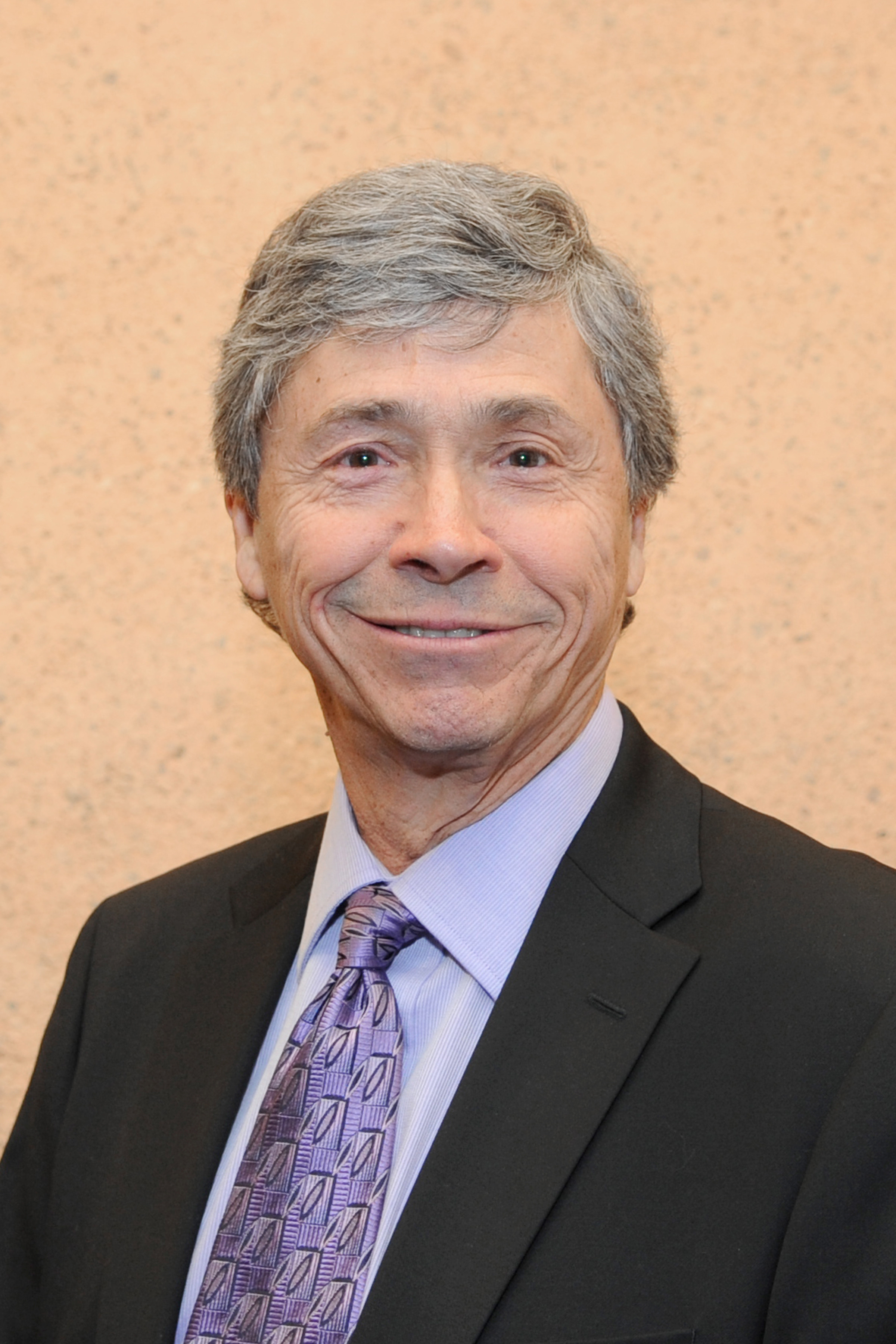Live Classes: Slavery in America
November 2 and 4
Part lecture and part lively conversation, our live classes are accessible to the public so that students, teachers, and parents can join in a constitutional discussion with National Constitution Center scholars. In this session, students engage in a conversation on slavery in America from the Constitution to Reconstruction. This session will explore the Constitution; the 13th, 14th, and 15th Amendments; and the Reconstruction founders’ vision of a “Second Founding” for our nation.
For Friday's session, Gloria J. Browne-Marshall, professor of constitutional law at John Jay College of Criminal Justice (CUNY) and host of WHYY’s Your Democracy animated digital series, joins National Constitution Center President and CEO Jeffrey Rosen.
- Register for Introductory Level Class Nov. 2 at 12 p.m. ET
- Register for Advanced Level Class Nov. 2 at 2 p.m. ET
- Register for All Levels Class Nov. 4 at 1 p.m. ET
Participants can join through secure Zoom Webinars. All sessions are also recorded and livestreamed on our YouTube channel.
For a full schedule of classes for the 2022/2023 school year, click here. To find classroom resources and supporting materials for this topic and more, click here.
 Explore the library of resources from the WHYY series Your Democracy, hosted by our November scholar Gloria J. Browne-Marshall.
Explore the library of resources from the WHYY series Your Democracy, hosted by our November scholar Gloria J. Browne-Marshall.
Live from the Museum: Battles for Freedom and Equality: Slavery in America
November 9
This interactive program explores the story of slavery in the United States through a constitutional lens, taking visitors on a journey from the time of the Constitutional Convention to the start of the Civil War. It will spotlight historic figures—like George Washington, Thomas Jefferson, Ona Judge, Angelina Grimke, Harriet Tubman, William Still, and Abraham Lincoln—and key events—such as the Missouri Compromise, the Compromise of 1850, the Kansas-Nebraska Act, the Dred Scott case, and the secession of the South.
- Register for the Live Museum Class Nov. 9 at 12 p.m. ET
Click here to view the full schedule of upcoming virtual tours and museum programs.
Securing Postwar Peace: A History of America’s Veterans Featuring Robert J. Kodosky
Friday, November 11 at 12:45 p.m. ET, Kirby Auditorium and Livestreamed
 “Securing Postwar Peace: A History of America’s Veterans” traces the relationship between America’s veterans and their nation from the Revolutionary War through the War on Terror. This discussion highlights the importance of veterans advocating for addressing the issues they confront. It underscores that to secure their own postwar peace, veterans require an engaged society. This history suggests the need to transcend platitudes in pursuit of an appreciation of veteran diversity, experiences and needs. It posits the importance of active listening, of devising how we might best serve those who served us. Robert J. Kodosky Ph.D. chairs the history department at West Chester University where he teaches courses in American military and diplomatic history and serves as the faculty adviser to the Student Veterans Group. In collaboration with his students, he published Tuskegee in Philadelphia: Rising to the Challenge (The History Press, 2020)
“Securing Postwar Peace: A History of America’s Veterans” traces the relationship between America’s veterans and their nation from the Revolutionary War through the War on Terror. This discussion highlights the importance of veterans advocating for addressing the issues they confront. It underscores that to secure their own postwar peace, veterans require an engaged society. This history suggests the need to transcend platitudes in pursuit of an appreciation of veteran diversity, experiences and needs. It posits the importance of active listening, of devising how we might best serve those who served us. Robert J. Kodosky Ph.D. chairs the history department at West Chester University where he teaches courses in American military and diplomatic history and serves as the faculty adviser to the Student Veterans Group. In collaboration with his students, he published Tuskegee in Philadelphia: Rising to the Challenge (The History Press, 2020)
.
Live from the Museum: Tour on The Principles of the American Revolution and the U.S. Constitution
November 16 and 18
In this session, students will explore the American Treasures exhibit to examine the key ideas that the Constitution is built on: popular sovereignty, natural rights, and rule of law. Students will look closely at the Declaration of Independence and the Constitution as primary source studies to examine how the two documents set the foundation for American democracy.
- Register for the Virtual Tour Nov. 16 12 p.m. ET
- Register for the Virtual Tour Nov. 18 1 p.m. ET
Click here to view the full schedule of upcoming virtual tours and museum programs.
Scholar Talk: American Indian Influence on the Constitution and the Founding Fathers Featuring Robert J. Miller
Thursday, November 17 at 12 p.m. ET, Kirby Auditorium and Livestreamed
Join Robert J. Miller for a conversation about American Indians political theories and how their governments had a profound effect on many of the Founding Fathers, shaping specific provisions in the U.S. Constitution. The framers were influenced by both “positive” aspects of tribal governance and political science that they were familiar with and adopted into the Constitution, and they were also influenced by what can be called the “negative” aspects of the threats posed by the American Indian tribes to the new United States. Many of these effects are reflected in provisions in our Constitution. This talk examines how Indigenous theories of government affected our Founding Fathers in drafting the U.S. Constitution.
Robert J. Miller is a professor at the Sandra Day O’Connor College of Law at Arizona State University where he is also the Willard H. Pedrick Distinguished Research Scholar and the director of the Rosette LLP American Indian Economic Development Program. He is the chief justice of the Pascua Yaqui Tribe Court of Appeals and an appellate judge in other tribal courts. He graduated from Lewis & Clark Law School in 1991 and then clerked for Judge Diarmuid O’Scannlain of the U.S. Court of Appeals for the Ninth Circuit in 1991-92. Miller is a citizen of the Eastern Shawnee Tribe. He was elected to the American Philosophical Society in 2014, the oldest learned society in the United States.
Scholar Talk: Native Americans’ Fight for Citizenship and Sovereignty Featuring Paul C. Rosier
Friday, November 25 at 12 p.m. ET, Kirby Auditorium and Livestreamed

Dr. Paul C. Rosier, professor of history at Villanova University, will explore the Native Americans’ fight for American citizenship and tribal sovereignty, focusing on their extraordinary efforts to both protect their autonomy and secure the civil rights afforded American citizens: a dual citizenship codified in the 1924 Indian Citizenship Act. His presentation will highlight native people’s vision of an inclusive country that lives up to the ideals expressed in the Declaration of Independence and the Constitution, championing via military service, activism, and political writings their belief in a multi-racial and multi-cultural America that honored its legal obligations as it assumed international prominence in the 20th century.
Paul C. Rosier received his Ph.D. in American History from the University of Rochester in 1998. He currently serves as professor of history at Villanova University, where he teaches Native American history, American environmental history, global environmental history, and 20th century American history. He also serves as the director of the Albert Lepage Center for History in the Public Interest at Villanova. He previously held the inaugural Mary M. Birle Chair in American History (2016-2022) and served as department chair (2013-2016). In 2001, he published his first book, Rebirth of the Blackfeet Nation, 1912-1954; he co-edited the 2006 volume Echoes from the Poisoned Well: Global Memories of Environmental Injustice. In 2009, Harvard University Press published his Serving Their Country: American Indian Politics and Patriotism in the Twentieth Century, which won the 2010 American Indian National Book Award. He has published numerous essays on Native American topics, including three articles in The Journal of American History. Reflecting his commitment to public-facing work, he has published several blog posts on Native American political issues in Hindsights and the History News Network. He is in the final stages of two projects: an edited volume on environmental justice in North America; and a monograph on Native Americans’ political history, “The American Way of Life”: Native Americans’ Fight for Sovereignty and Citizenship.







